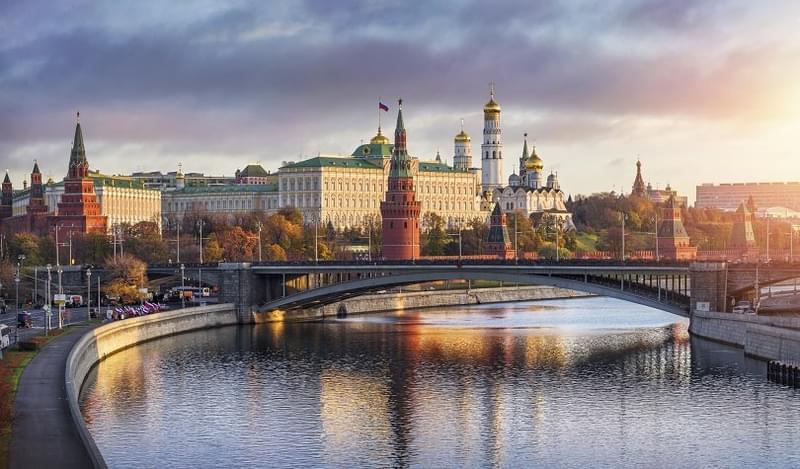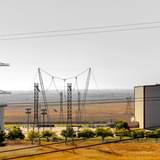The CEO of the Moscow Exchange, Alexander Afanasiev noted in an interview that Russia and China are nearing the completion of a system for clearing trades similar to Euroclear and Clearstream.
According to Bloomberg, Russia began work on such an ‘eastern Euroclear’ last year. The Russo-Chinese system will most likely be aimed primarily at the facilitation of bilateral trade between the two countries.
“For this particular purpose the system could indeed work quite effectively without the reliance on other clearing systems,” said Vladimir Osakovskiy, Russia and CIS economist, EEMEA cross-asset strategy & economics at Bank of America Merrill Lynch.
He added that Russia and China have already carried out considerable work to settle bilateral transactions in national currencies, so the system could be further progress in this direction.
However, Russia could still struggle to attract demand from wary Asian investors.
“Eastern and Asian investors consider Russia’s macro case not particularly comfortable – although the Russian economy is lightly leveraged with a low debt to GDP ratio, there is no growth compared to other EMs,” said the chief economist of a large Russian bank, who added that for a number of Chinese investors, adjusting to Russia’s macro case is not an easy task.
Nevertheless, there will be increased attempts especially across the banking space in tapping the Chinese market, which has become a particular target for state banks – Sberbank’s senior VP told reporters earlier in September that the bank would issue yuan-denominated bonds in 2017.
Despite the willingness of Russian entities to access the markets, the establishment of a Russ-Chinese settlement system is likely to be complicated by Chinese capital controls.
“There are meaningful restrictions on the movement of capital in and out of China. This might require an additional effort for the new system to function properly,” Osakovskiy noted, but regardless, it is a further step in boosting bilateral cooperation between the two countries.
Osakovskiy stated that although it was important that Russia and China were trying to create joint infrastructure for future operations, the plan is not really a breakthrough given that payments can be done easily even without it.
Other analysts agree. “Frankly, I would not overestimate the significance of its appearance, at least for now. That being said however, the Ministry of Finance has been planning to issue a yuan denominated bond for some time now,” said Alexander Sychev, analyst at Rosbank.
A senior strategist at another Russian bank also added that it was too early to draw any meaningful conclusions from the plans.
As a result, Russia’s tapping of Western markets is likely to be largely unaffected. “The new system will likely be primarily aimed at boosting bilateral trade, so any major impact on Russia’s business with the Western markets is hard to expect,” continued Osakovskiy.
However, numerous corporate issuances aside, Western demand may be lacking for Russian assets on the sovereign side.
“Regarding the Russian US$1.75bn issuance in May, technically speaking there were lots of international investors, but not all were in the US, and in general the majority of the funds provided was Russian money,” said the chief economist, who added that it remains to be seen who exactly bought the government’s latest US$1.25bn issuance this month.









